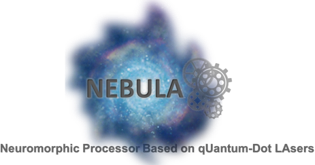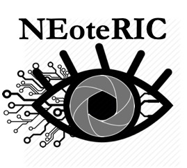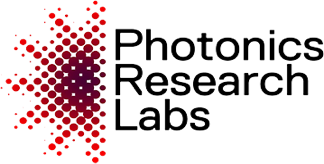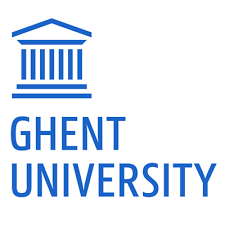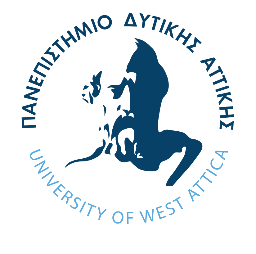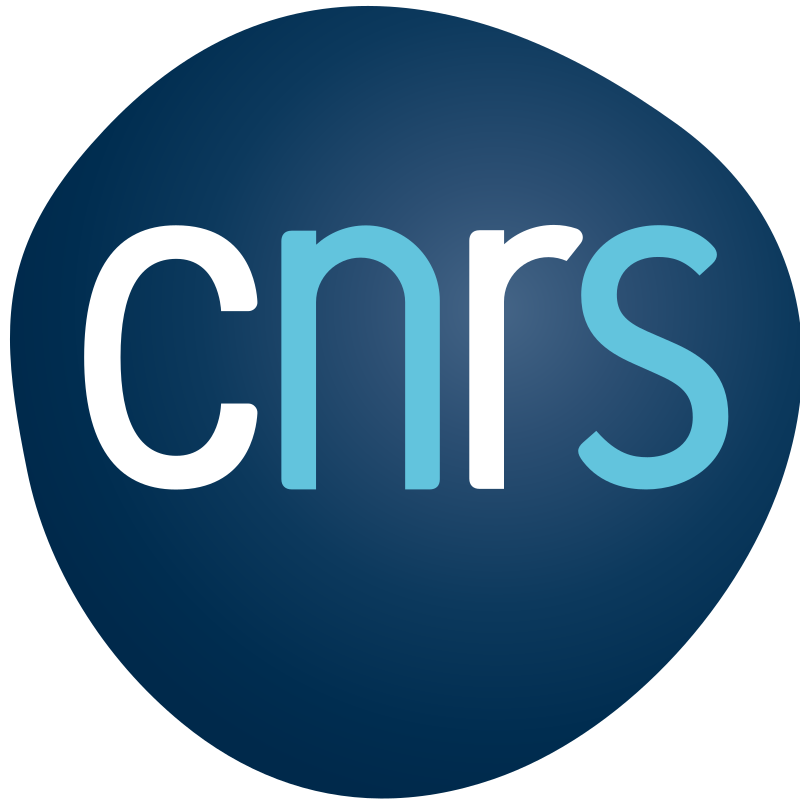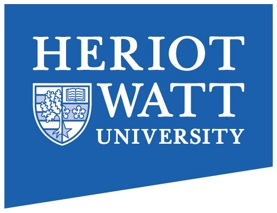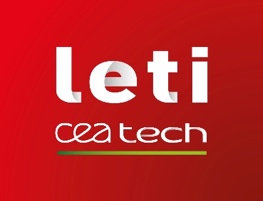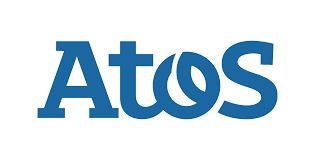Project Description
Integrated Photonic Circuits
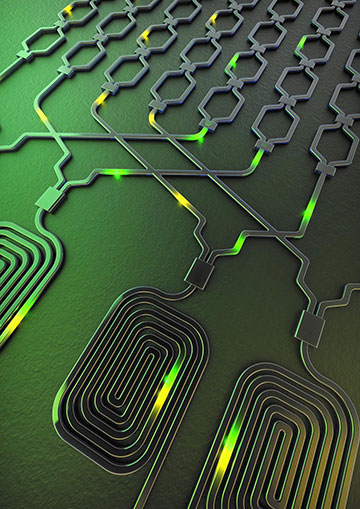
Is the discipline that revolves around the design and fabrication of all-optical or electro-optical integrated circuits. The last decades photonics and optics in general have been in the spotlight of attention due to the inherent advantages that can offer compares of standard electronics. Merits such as: tremendous operational bandwidth, immunity to electromagnetic interference, high wall-plug efficiency, advanced multiplexing techniques and inherent parallelism have rendered photonics a key enabling technology for high-end long-haul communications, inter-intra datacenter communications and 5G architectures. Especially, the amalgamation of integrated photonic technology with the massively deployed fiber-optic telecommunication infrastructure has allowed the existence of the “internet” as we know it. Photonics are not restricted only to commercial telecom applications, on the contrary, photonics is in the fore-front of research. It is worth mentioning that the majority of Nobel Prize in Physics concern directly photonics or are closely related to optical driven technologies.
In the Department of Information and Communication System’s Engineering at the University of Aegean we are focused on both academic and industrial innovation. Targeting cutting-edge photonic technologies and applications. In particular, Integrated photonics group is specialized on:
- Design-evaluation-characterization of photonic chips/devices
- Design-characterization of high-bandwidth telecom optical – RF architectures
- Design-realization-characterization of photonic-optical sensors & networks
- Design-realization-evaluation of Free-space communication modules
CCSL Photonics sub-group consist of:
- C. Mesaritakis
- Sarantoglou (Ph.D candidate)
- Skontranis (Ph. D candiadate)
- Dermanis (Ph. D candiadate)
- Mbourmpa (undergraduate)

CCSL photonic sub-group has a close-collaboration strategic-partnership with two research laboratories in Athens Greece (University of West Attica and Harokopeion University of Athens).
Current research activities focus on highly disruptive fields, in which the photonic sub-group are considered pioneers and are leading research in this fields:
- Neuromorphic Photonic Computing Systems
The group’s activity is focused on employing exotic photonic devices such as semiconductor quantum dot edge-emitting lasers and VCSELs as low-power isomorphic neurons for next generation neural networks. Mainly implementing spiking neural networks, convolutional spiking neural networks etc. In the same context CCSL, focus on developing photonic adaptations of disruptive neural training schemes based on memory engrams, synaptic plasticity.
On-going activity: HFRI-GSRT (NEBULA Research Project)
- Photonic Machine-Learning – Photonic Reservoir Computing
The group has almost a decade long involvement in the field of design machine-learning hardware, exclusively relying in state-of-the-art photonic and electro-optic modules. This approach allows the generation of small-medium scale photonic integrated recursive neural networks; offering unparalleled processing capabilities that can scale to an enhancement of 1000X times higher throughput compared to optimized electronics and a power consumption reduction by a factor of 10000X. Currently CCSL’s photonic sub-group is Technical Manager for a H2020 European funded research project focusing on reconfigurable FPGA-like photonic processors for reservoir computing applications.
On-going activity: H2020 (NEOTERIC Research Project)
- Photonic Physical Layer Security
During the last years a significant know-how has been accumulated in the field of desing-realization and characterization of physical unclonable functions (PUFs) based on high-end photonic technology. These cryptographic modules can act as non-replicable (even by the manufacturer), unpredictable and robust one-way function. Photonic PUFs are resilient to all side-channel attacks and can act as secure random number generators, blockchain add-ons etc. Current activities focus on neuromorphic cryptography and security protocol merge with photonic PUFs.
International Collaborations and on-going Strategic Partnerships
Academic Collaborations
Include: Polytechnic school of Valencia, Ghent University, KU Leuven, CNRS, University of West Attica, Harokopeion University of Athens, National & Kapodistrian University of Athenn, Heriot Watt, CERTH.
Industrial – Partners
IBM Zurich, THALES, PROPHESEE, CEA-LETI, ATOS, OTE,EXUS, ADVA, EULAMBIA, IQUADRAT
Research Team
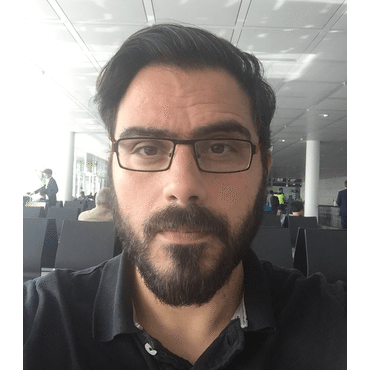
Charis Mesaritakis
ASSOCIATE PROFESSOR
Photonics
Dr. C. Mesaritakis acquired his diplom, M.Sc and Ph.D from National and Kapodistrian Univeristy of Athens (Greece). His Ph.D thesis focused on the experimental characterisation and numerical modeling of novel regimes of quantum dot mode locked lasers. He has participated as a researcher in 10 FP7 and Horizon2020 EU projects. He has been awarded three postdoctoral fellowships, among which is a EU-Marie-Curie Fellowship where he worked on laser telemetry in III-V Labs (France) and two national fellowships focusing on photonic neuromoprhic computing. In addition, he acts as technical manager of the NEoteRIC H2020 research project, focusing on photonic neuromoprhic systems for high speed imaging applications. Currently he is an associate professor at the department of Information and Communication Systems Engineering at the University of the Aegean, splitting his research interest among design/implement photonic machine learning systems for high bandwidth applications and photonic physical layer cryptographic modules.


